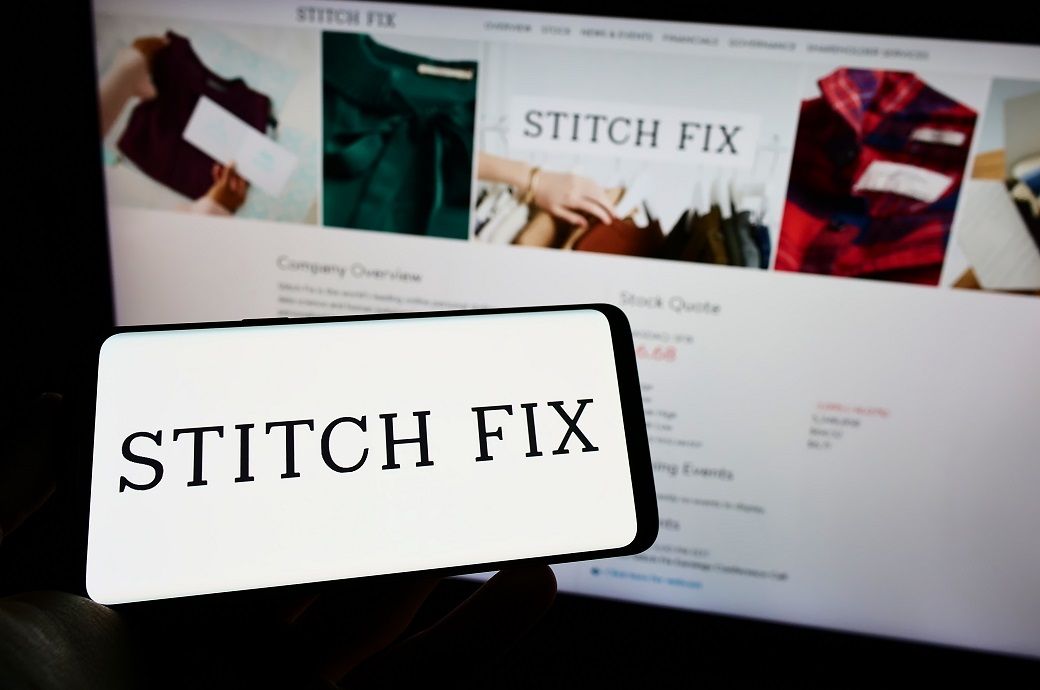ChatGPT, not satisfied with being an app, wants to become your life’s operating system

All things equal, you’d rather not be intermediated. It’s just not a nice way to spend an afternoon!
Picture it: You’ve got a perfectly nice little business going. You make widgets, and you sell them to people who want them at whatever price the market will bear. Everybody benefits. Then some new guy comes along, wanting to insert himself in between you and your customer. He says he can help both sides of the widget transaction — and in some ways, maybe he can. His offers are appealing, and he seems to have some skills you don’t. But it doesn’t take too long for most of the gains to be had to find their way into the middleman’s pockets. Maybe everybody still benefits in the widget transaction, but the middleman benefits most of all. You’ve been intermediated.
The news business used to have that sort of direct widget relationship with readers. People wanted news; the newspaper sold them a daily bundle of it. Dropped it off on their doorstep each morning, even. But the internet age has basically been a series of middlemen stepping in the middle of that transaction. Think of Facebook, which was successful enough at drawing its users’ eyeballs that newsrooms started crafting stories to please its preferences instead of readers. Think of Google, which became so dominant at gathering user attention that headlines today are written as much for its algorithms as for a human audience. These companies built experiences that people loved, harnessed immense mindshare, and then used that power to become a new kind of tollbooth for anyone trying to put information in front of people.
Well, the past few weeks have made it clear where the next tollbooths will be set up; the only real question left is how much they’ll charge.
Twelve days ago, OpenAI, the makers of ChatGPT, announced ChatGPT Pulse. Just as Facebook and Google use oceans of user data to personalize their every pitch to you, OpenAI is going to use all you’ve typed into its chatbot to target you with a media product:
Pulse is a new experience where ChatGPT proactively does research to deliver personalized updates based on your chats, feedback, and connected apps like your calendar. You can curate what ChatGPT researches by letting it know what’s useful and what isn’t. The research appears in Pulse as topical visual cards you can scan quickly or open for more detail, so each day starts with a new, focused set of updates.This is the first step toward a more useful ChatGPT that proactively brings you what you need, helping you make more progress so you can get back to your life. We’ll learn and improve from early use before rolling it out to Plus, with the goal of making it available to everyone.
In other words, it’s a daily media product tailored just for you, based on all the information you’ve allowed ChatGPT access to. (At the moment, it’s only available to people paying ChatGPT $200/month.) If you’ve got a trip planned to Miami, it’ll recommend restaurants. If it knows you’ve been researching the war in Ukraine, it’ll give you the latest updates. The pitch is “personalized research and timely updates that appear regularly to keep you informed” — the sort of thing people used to turn to news for. But your newsroom doesn’t know an individual user’s interests the way ChatGPT does — or as Facebook or Google does. So maybe ChatGPT Pulse will send some traffic your way, if it thinks your Miami restaurant reviews or Ukraine stories are good — but it’ll be the gatekeeper. Yesterday, Sam Altman described ChatGPT Pulse as his “favorite feature we’ve launched in a long time,” and he didn’t rule out adding ads to it (because of course he will).
Then, also yesterday, Altman announced that he wanted ChatGPT to become less like an app and more like an operating system that runs other apps. From Wired’s Lauren Goode and Will Knight:
Starting today, some developers will be able to use a preview version of a new apps software development kit (SDK) to build apps within ChatGPT using open standards. The ability to distribute these apps is currently limited to a handful of big partners. Altman showed off several examples of how these apps would ultimately work within ChatGPT. The demo featured Spotify, Canva, and Zillow apps appearing inside a chat and responding to typed commands…Altman said that OpenAI plans to introduce new ways for developers to monetize their ChatGPT apps, including methods for buying things through the chatbot. “Soon we’ll offer an agentic commerce protocol, with instant checkout from right within ChatGPT,” Altman said…
The new SDK announcement signals a deeper commitment to working with established enterprises and app makers—and an emphasis on keeping users within ChatGPT itself. If the web and mobile eras of the past 30 years were defined by users browsing the web or being locked into a mobile app experience, OpenAI is now combining the two into its own kind of chat-driven operating system.
This is aggregation theory at its heart. Instead of running apps on an iPhone or a Windows PC, you’ll run them inside ChatGPT. And of course OpenAI will offer “new ways for developers to monetize” the things they build inside ChatGPT; they just won’t be as good as the ways to monetize outside ChatGPT. If ChatGPT-as-OS succeeds, publishers will once again find another middleman sitting between the people who produce the news and those who consume it, ready to take its cut.
What's Your Reaction?
 Like
0
Like
0
 Dislike
0
Dislike
0
 Love
0
Love
0
 Funny
0
Funny
0
 Angry
0
Angry
0
 Sad
0
Sad
0
 Wow
0
Wow
0












































































